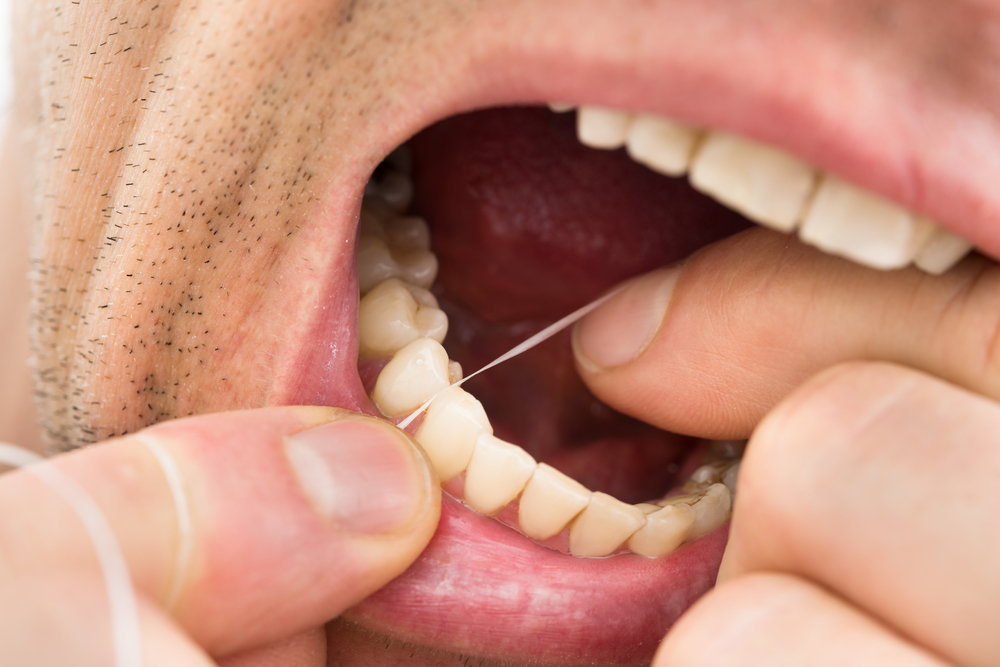Removing Dental Plaque At Home
Removing dental plaque at home
Did you notice that after a dental cleanup, the teeth start to sparkle and shine? But this sparkle and shine vanish over time, and the teeth start getting a yellowish color. This yellow color is due to plaque build up on the teeth. Plaque is a filmy substance made by the bacteria in the mouth. Below and above the gum line, dental plaque gets accumulated, and removal of plaque is always a good idea. When left uncleaned for a long time, it can turn into tartar, which is very difficult to clean. Dental plaque removal can be done at home, but if it turns to tartar, a doctor is needed; it cannot be removed at home.

What are the causes of plaque?
- A lot of bacteria are naturally present in the oral cavity. These bacteria feed on the food particles left in between the teeth, usually on the sugar and starch-based food.
- The food and saliva will create an environment for the bacteria to multiply fast.
- They get stuck between the teeth, and it is not possible to avoid this completely.
Can plaque turn into tartar buildup?
If ignored, dental plaque has chances of developing into tartar; however, this can be prevented with timely intervention.
- The plaque developed between the teeth should be removed from time to time without fail to prevent it from turning into a tartar buildup.
What kind of problems can be caused due to a plaque buildup?
- It is very important to get the plaque removed with the help of a dental plaque remover.
- If not removed, dental problems such as cavities might arise. This is one of the major problems faced due to a heavy buildup of plaque.
- If plaque is not removed, it can cause inflammation to the gums, which leads to Gingivitis.
- Poor dental hygiene may cause problems such as bad breath as well.
How can dental plaque removal be done at home?
- Dental plaque removal can be done at home with ease; all that’s needed is floss.
- Just take 18 to 20 inches of floss and wrap it around the middle fingers of both hands.
- Now, one should be holding the string of floss taut between the forefinger and thumb.
- Next, push the floss between the teeth and hold the floss in such a way that one makes a C shape with the hand.
- Move the floss up and down and keep it pressed toward the teeth.
- The process is to be repeated the same with all the teeth.
- Make sure that it’s not pressed too hard, as it can damage the gums. Also, take care when cleaning the back of the teeth.
- Once done, brush the teeth thoroughly.
Are there any other tips that can help in dental plaque removal?
The following are some ways that can help in dental plaque removal:
- Use a mixture of baking soda and salt for brushing teeth. This can help in the removal of dental plaque.
- Take one cup of water and mix it well with half a cup of baking soda. Now, add one tablespoon of aloe vera gel, one tablespoon lemon essential oil, and four tablespoons of glycerin. Mix it well; this can be used as a paste to brush the teeth daily.
- For cleaning the tooth enamel, just rub an orange peel, after eating the orange, over it.
- Just chewing sesame seeds and then spitting them out can help in cleaning plaque naturally. Ensure to dry brush after spitting out the seeds.
- Mix vinegar, water, and salt; this solution can be used for brushing the teeth as it helps in dental plaque removal.

